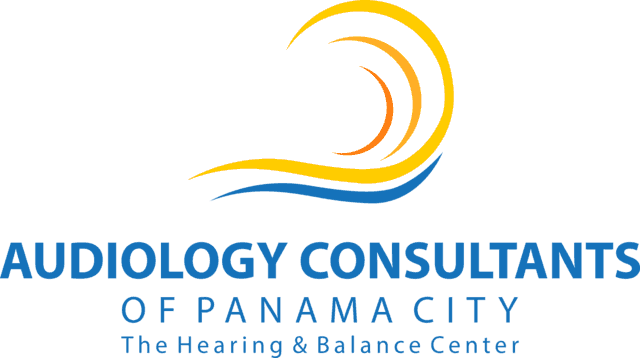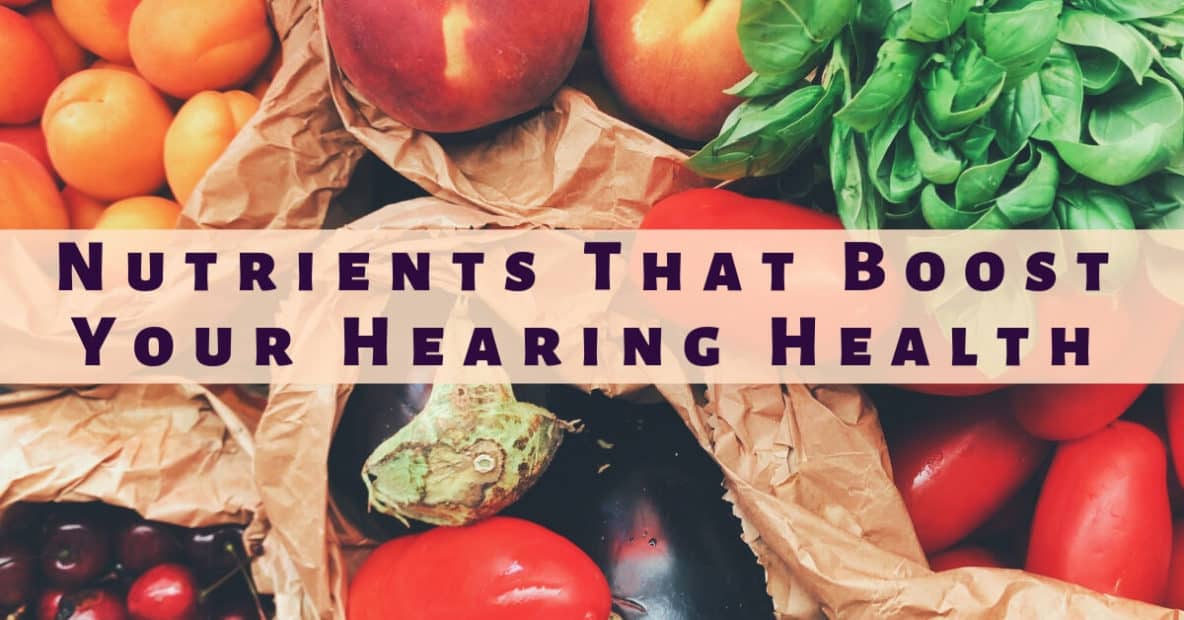- Using Hearing Aid Accessories for Enhanced Listening - May 6, 2025
- Practical Tips for Managing Daily Challenges With Tinnitus - April 8, 2025
- Signs Your Hearing Aid Battery Needs to Be Replaced - March 13, 2025
We know that a good, well-balanced diet directly promotes our health and we are constantly trying to make sure we feed our body the nutrients it needs for our continued well-being.
Did you know that your diet can also positively affect your hearing health? It can and should be considered as part of your overall health regimen.
As we live our daily lives, our diets, activities and our ever-changing environments have a cumulative effect on our hearing health. We can modify our diet to positively impact the hearing loss we experience over the years. The good news is that research has shown us what vitamins, antioxidants and minerals we can include in our diets to boost our hearing health and even lessen some of the negative effects that might have accumulated over time. Keep in mind that the majority of your nutrients should come from whole foods and not supplements. Lastly, know that your overall health will benefit with the consistent, balanced variety of these nutrients to your daily diet.
Folic Acid
Eat your vegetables! And all the rich, dark leafy greens you can. Studies have shown as we age, one of the direct links to hearing loss is via the lack of folate in our diets. We need folic acid to maintain good circulation and keep inflammation down. Eggs, liver and nuts are another source, as well as spinach, fennel, romaine lettuce, broccoli and asparagus. The hair cells of your inner ear will be grateful for the circulation it needs from folic acid and you will benefit by reducing hearing loss or tinnitus (an affliction that causes ringing in the ears).
Omega-3 Fatty Acid
As we get older, we become more susceptible to presbycusis, also known as age-related hearing loss. Keep your blood vessels healthy and durable with a regular intake of omega-3 fatty acids with flaxseed oil, krill oil, salmon, soybean oil, and sardines. They optimize functions of the brain keeping the connections to the ear strong and effective.
Potassium, Magnesium and Zinc
Potassium is needed to keep the fluid in our ear at a certain level but as we age these levels drop. We can help maintain it by incorporating potatoes, lima beans, tomatoes, raisins, apricots, bananas, melons, oranges, yogurt and low-fat milk.
Magnesium is needed to keep our blood vessels full and flowing in our inner ear and provides protection to the hair cells when they are bombarded by loud noises. Bananas, artichokes, potatoes, spinach and broccoli are magnesium rich. It is highly recommended that this super mineral be a part of your healthy diet.
Zinc is known as a booster for our immune system as well as promoting cell growth and preventing ear infections. Follow your doctor’s orders when incorporating this potent mineral as it may interfere with antibiotics and diuretics. Now you can indulge dark chocolate in your diet along with dark-meat chicken. Good sources for zinc are also beef, pork, beans, lentils, cashews, almonds, peanuts, and oysters.
In conjunction with Vitamins A, C, D, E and B12, our diet can be modified to help strengthen our hearing ability and prevent damage that occurs from daily exposure to varying levels of sound.
Vitamin A and C
These antioxidants benefit our entire health, and when it comes to our hearing their preventative qualities are essential. The University of Michigan used a mix of vitamins A, C and E in addition to magnesium in a test for hearing loss prevention. It was determined that there was 80 percent efficacy in a test on laboratory animals before they were placed in a loud setting.
For Vitamin A nutrients in your meal, include liver and dairy products or foods rich in beta-carotene such as carrots and cantaloupe. Enjoy Vitamin C rich citrus fruits: papaya, strawberries, bell peppers, broccoli, brussels sprouts and spinach. These antioxidants are important for the protection of the hair cells in our middle ear and to our entire immune system.
Vitamin D
Vitamin D needs sunlight and calcium to help maintain our bones density and strength. It’s not as plentiful to find as others but can be found in fatty fish like salmon and sardines, as well as fortified milk and cereal. Sunlight that is absorbed by our skin allows us to make Vitamin D, which in turn allows us to absorb the calcium we need for bone strength and therefore. Note that the effectiveness of our middle ear is dependent upon three tiny bones!
Vitamin E
The middle ear is designed for us to receive sound and Vitamin E helps maintain the circulation the minute hair cells need to move sound along to the inner ear. In the bigger picture, this powerful antioxidant is good for our blood, skin and brain. It is found abundantly in olive oil, peanuts, hazelnuts, almonds, spinach, kale, fortified cereal and meats.
Vitamin B12
Because our body can keep this vitamin for long periods of time, we are rarely deficient but its’ importance needs mention. Vitamin B12 is necessary for the very growth and strength of our blood cells and nerve function. You should know that it isn’t found in plant foods so be aware when following a strict vegan or vegetarian diet. Sardines, cheese, milk and yogurt are rich in Vitamin B12.
Pay special attention to the vitamins and minerals listed above and remember to invest in buying whole foods so that you get the maximum nutrition from a good diet with a balance and variety your body needs.
Visit Us at Audiology Consultants
Have you experienced changes in your hearing? At Audiology Consultants, we are here to help. We provide comprehensive hearing health services, from hearing tests to hearing aid fittings. Contact us today to learn more.


